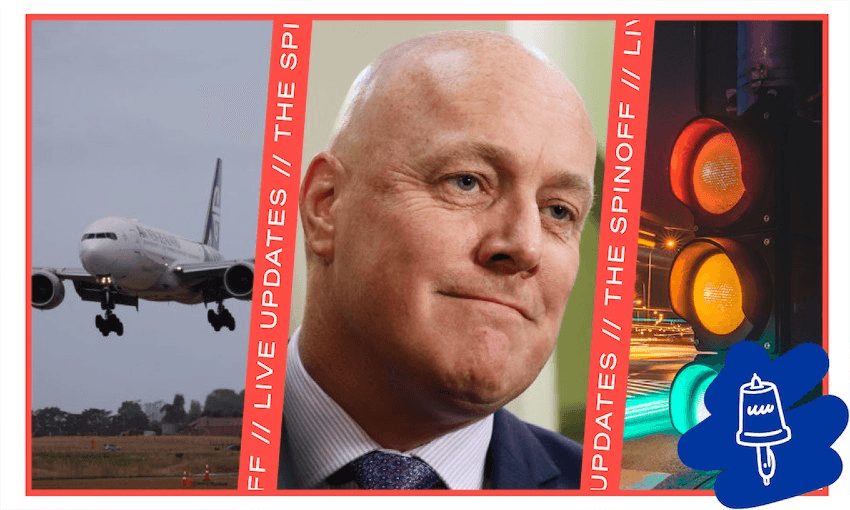A new case of Covid-19 has been confirmed in the Nelson-Marlborough region.
The case was confirmed by the Ministry of Health after the regular cut-off time and so will officially be confirmed in tomorrow’s tally. The case and their close contacts are in isolation, with testing of those contacts underway. Investigations into the possible source of infection are ongoing.
Several exposure events are being assessed and any locations of interest confirmed will be published on the ministry’s website.
Meanwhile, there are officially 182 new community cases across Auckland, Northland and Waikato. There are 123 mystery cases among today’s total with 934 unlinked cases from across the past fortnight.
There are now 93 people in hospital with Covid-19, including 10 in intensive care.
The new case reported in Hawke’s Bay yesterday is now isolating in a community isolation facility. Close contacts identified to date have been contacted and are now isolating at home. Two close contacts in the case’s household have returned negative tests.
In Canterbury, five close contacts are self-isolating after yesterday’s confirmed border case. The case – reported by the Herald to be a child – travelled from Auckland to Christchurch on Thursday November 25 on Air NZ Flight NZ8475 arriving in Christchurch at 10.50am. “Anyone who is considered a potential contact of this case will be contacted directly,” said the ministry. “Unless you are contacted, you are asked to monitor for symptoms, and get tested straight away if you develop any consistent with Covid-19.”
Today’s case details
There are 167 new cases to report in Auckland. Health staff are now supporting 4,207 people to isolate at home, including 1,158 cases.
Five of today’s new cases are in Northland. Two were announced yesterday and are being officially added to the case tally today. The remainder are made up of two cases in Kawakawa and one case in the Far North. These three cases are linked to existing cases.
Meanwhile, an unexpected detection of the virus was picked up in a wastewater sample taken in Opononi last week. “We urge anyone living in or near Opononi with any symptoms that could be Covid-19 to, please, to get a test – and remain isolated until they return a negative test result,” said the Ministry of Health.
Finally, there are 10 new cases being reported in Waikato today: four in Huntly, two in Te Kuiti, one in Hamilton, and the location of the remaining three are still to be confirmed. Nine of today’s cases have been linked to previous cases.
